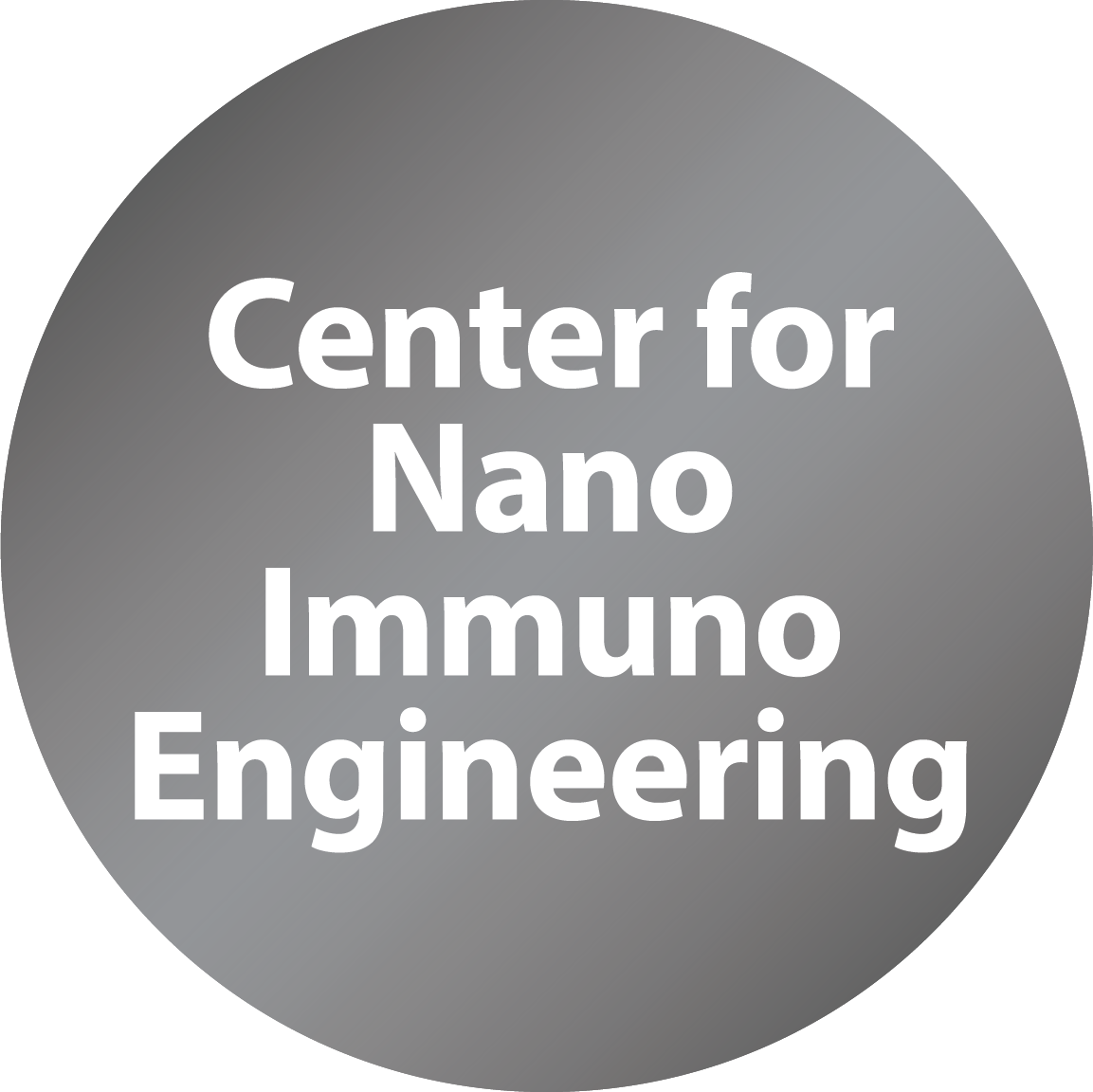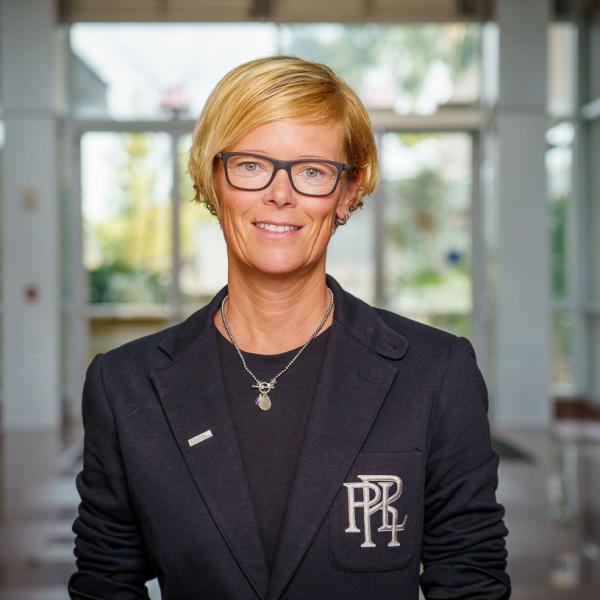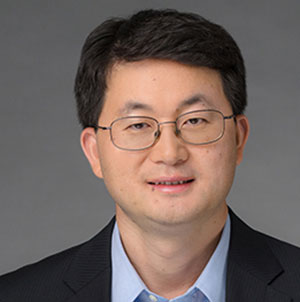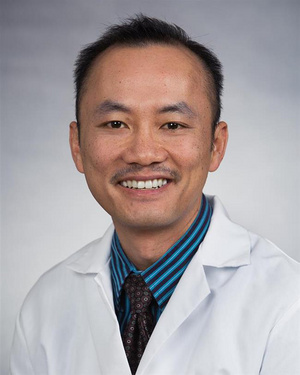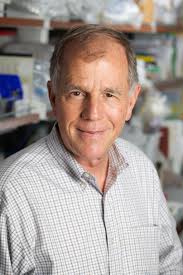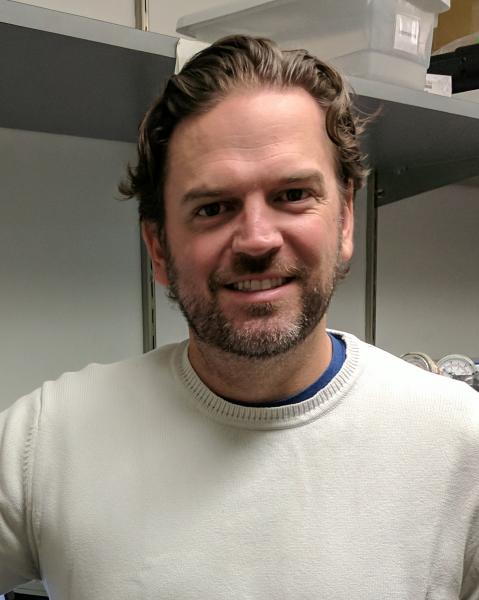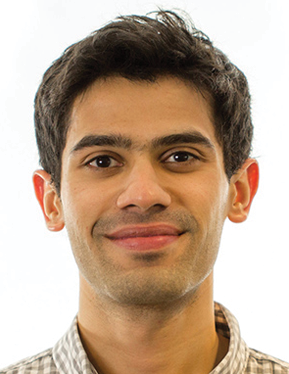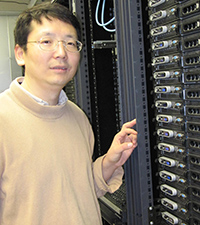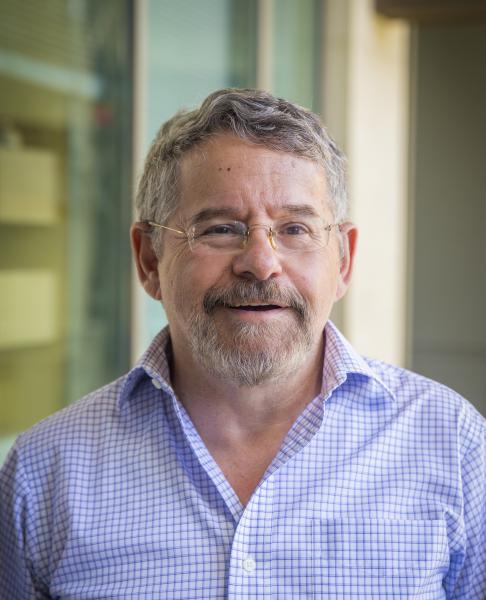Faculty
We welcome collaborating investigators from a wide variety of fields including engineering, immunology and medicine.
With a strong translational focus, we seek additional collaborations with physician scientists and with pharmaceutical companies. Our goal is to develop bio-inspired nano-products that enter clinical trials and ultimately the marketplace where they improve medical care, save lives and reduce medical costs.

